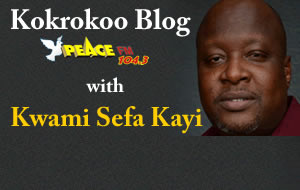Loose, cool clothing is recommended year-round. Most visitors will find that a long-sleeve shirt or light sweater is sufficient in the coolest times.
Dress is conservative in Ghana and long pants are generally worn. Shorts are acceptable only if they are at least knee length. Revealing clothing or items with suggestive slogans are considered inappropriate. Ghana’s rainy season (April – September) typically produces rain showers, rather than full days of rain, but you will find raingear useful during that time. Some rainforests have very high levels of rainfall (see individual ecotourism site descriptions).
Frequent power outages and lack of streetlights in most locations mean that a flashlight or headlamp is a must. Most of Ghana is subject to malaria, so mosquito repellent is an important precaution and you may wish to take medication for malaria prevention. If you are a bird watcher, bring your own binoculars, since they are rarely available.
The currency is the Ghana cedi (pronounced CD), which was revalued in 2007. Major world currencies can be exchanged for cedis at banks or Forex (foreign exchange) bureaus in large and medium Ghanaian cities.
At most ecotourism site lodgings, mosquito nets and a bottom bed sheet are usually provided, but rarely a top sheet, so bring your own if you wish. Towels are generally not provided, so bring your own. Toilet paper is not always supplied in public restrooms along your journey, so it is a good idea to bring your own backup supply.

